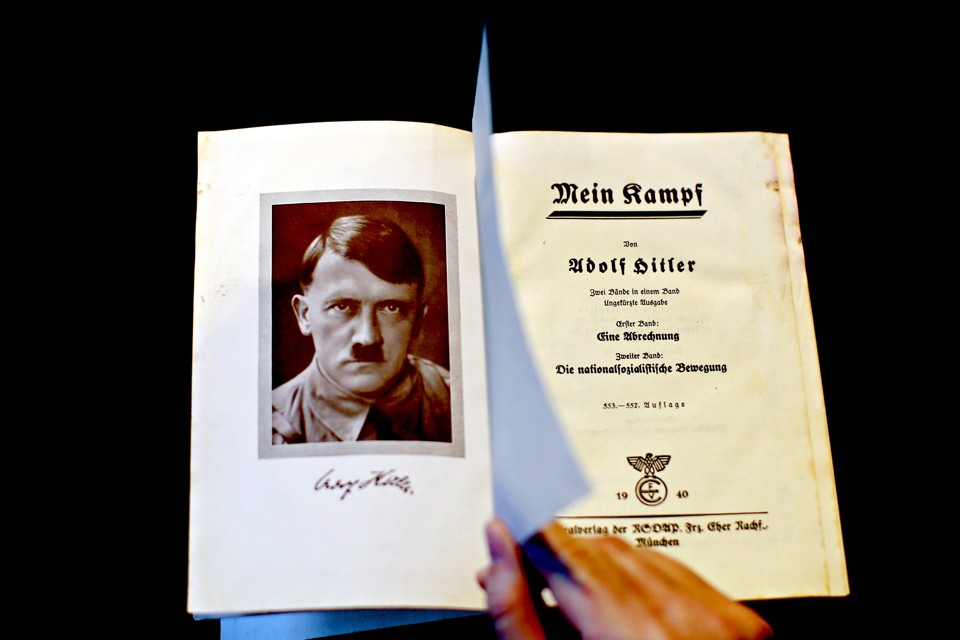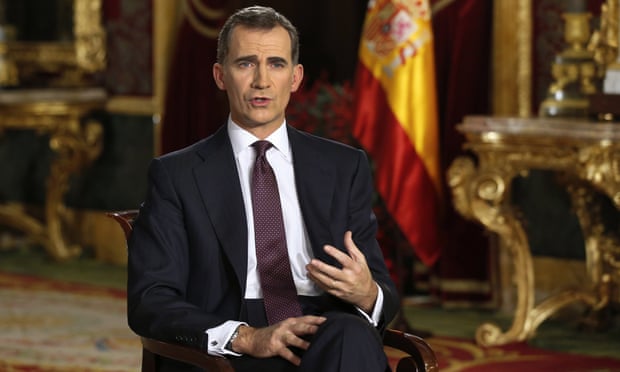by Shelby Vcelka
Impunity Watch Desk Reporter, Europe
BERLIN, Germany–
For the first time since the conclusion of the Second World War, Mein Kampf will be available to the general public in Germany. The manifesto, written by Adolf Hitler in 1925, served as a documentation of his plans to take over Germany and lead the country. After the Allied Powers defeated Nazi Germany in 1945, they handed the copyright of the book over to the German state of Bavaria, where local authorities announced they were banning production of the work to prevent igniting racial tensions in the post war period. Since then, Mein Kampf has been completely out of print within Germany, and its dissemination was made a criminal offense.

Under German law, a copyright can be held through the life of the author, and 70 years after that person’s death. The work enters into the public domain on January 1st of the following year. In Hitler’s case, those seventy years ended on April 30th, 2015, with Mein Kampf entering the public domain on January 1st, 2016.
Munich’s Institute of Contemporary History is set to publish the new edition of Mein Kampf, with thousands of academic notes, intended to give context to the reader.
The ban’s lift has not been without mixed opinions and criticism. Many accept that times have changed since Mein Kampf was first published, but want an updated introduction and editor’s notes to preface the work. An endnote noting work’s relationship to today’s international politics has also been pushed for, so racial tensions will not be reignited as a result of the new publications.
“Mein Kampf is an important historical document and it should not be erased or forgotten, but it remains important to explain clearly what this work set out to achieve,” commented Philippe Coen, president of the European Company Lawyers Association.
German officials have announced they will limit access to the work amid concerns that neo-Nazi sentiments will arise. The new editions are set to be released on January 8th.
For more information, please see–
The Atlantic–Who’s Afraid of Mein Kampf?— 31 December 2015
NPR–‘Mein Kampf’ Enters Public Domain; Arguably, Anne Frank’s Diary May, Too— 31 December 2015
BBC– Copyright of Adolf Hitler’s Mein Kampf expires— 1 January 2016
CNN– Hitler’s ‘Mein Kampf’ to be republished in Germany next week— 1 January 2016


